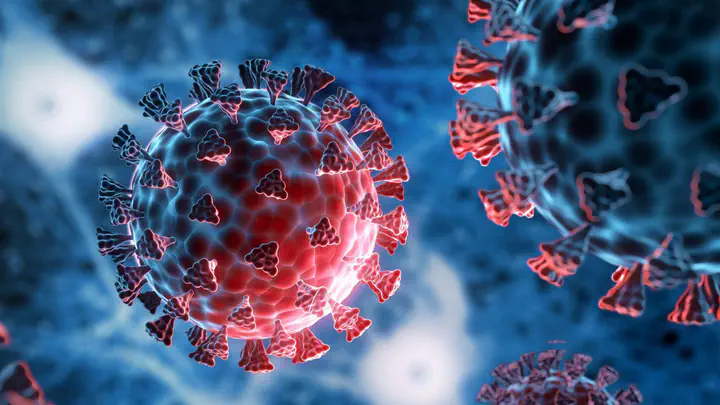Using Smartphone Sensing Data and Machine Learning to Predict Trajectories of COVID-19-Related Life Stress

The COVID-19 pandemic disrupted the daily lives of individuals worldwide, contributing to significant increases in life stress. Individuals with mental health disorders are known to be at risk for worsening of symptoms and functioning during periods of increased stress, making vulnerable during the COVID-19 pandemic. Identifying predictors of stress aleviation or exacerbation would, therefore, provide important insight into the role of stress development, and provide targets for delivery of just-in-time adaptive interventions (JITAIs) targeting stress management. This is especially true for indivudals most vulnerable to the effects of life stress, such as those with major depressive disorder (MDD). Therefore, passive sensing data from participants diagnosed with MDD will be used to identify features extracted from mobile phone usage in attempt to predict trajectories of COVID-19-related life stress. Traditional machine learning and deep learning models will be compared and the features most strongly related to COVID-19-related life stress will be identified.